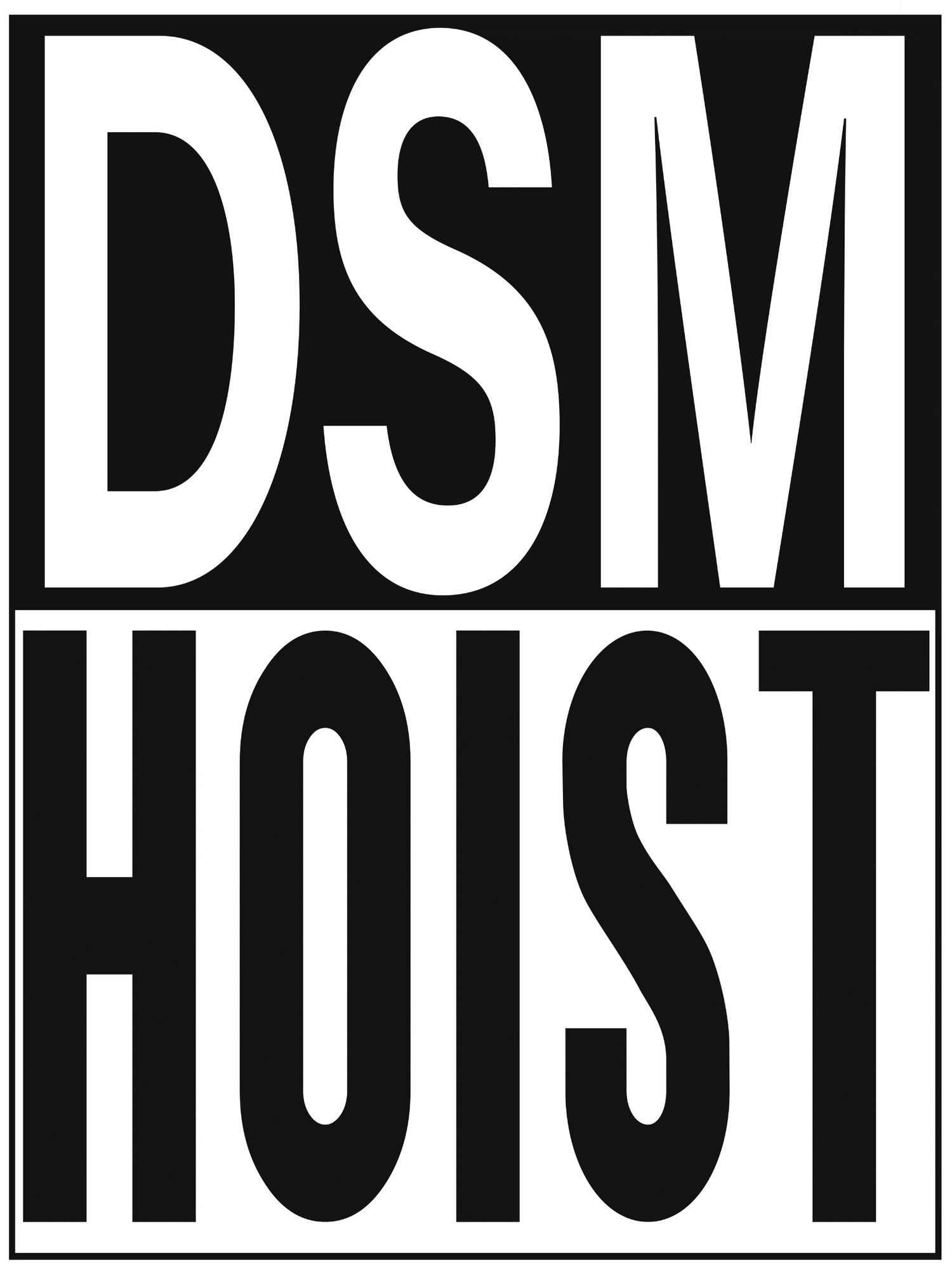The Number One Safeguard is Inspection
Each lifting device will have its inspection record on board, Reviewing past inspection and maintenance records provide valuable insights into the crane’s overall health and any recurring issues.
The manufacturer’s operator manual should also be reviewed; it serves as a crucial reference for proper operation, capacity limitations, and inspection procedures. OSHA mandates that a copy of the manual is always present in the crane cab for easy access by the operator.
The process
Visual Inspection:
Check for any visible damages, leaks, or loose components.
Control Check:
Test all crane controls: hoist, swing, trolley, boom extension, and emergency stop.
Load Test:
Conduct a controlled load test to verify the crane's lifting capacity.
Safety Features:
Test all safety features including limit switches, overload protection, and emergency braking system.
Operational Test:
Operate the crane through a full range of motions to ensure smooth operation.
Upon successful completion of the functional test and ensuring that the crane meets all safety requirements, it can be deemed ready for use on the designated job site.
Notify the Rental Firm if any issues or concerns are identified during the test so that appropriate actions can be taken.
Don’t take for granted that someone before you has already done a proper inspection. We absolutely need to think in these terms “my safety is in my own hands.”




